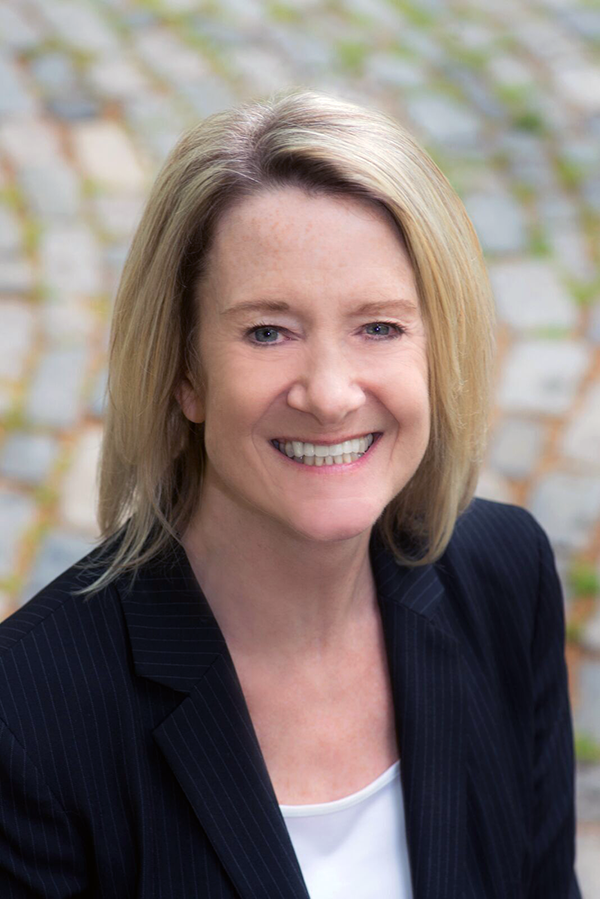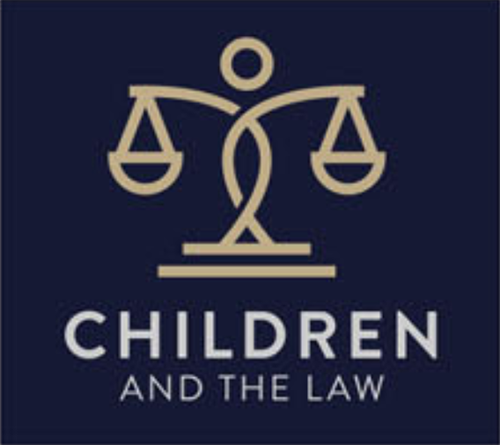These 3 organizations are using innovative methods to help older youths in foster care

Image from Shutterstock.
In 2023, the ABA Journal launched a new series, Children & the Law, which explores children’s law and juvenile justice. As part of this series, we delved into issues involving legal representation and access for children and their families, the rights of and opportunities for youths who are incarcerated, and available avenues of care for children who are separated from their parents by either a court or child welfare agency.
In our final story of the year, we are focusing on the needs of older foster youths about to transition out of care and what supports and services make a difference in their lives. Here are three ways that organizations around the country are helping with this essential work.
1. Using tech to empower Florida’s foster youths
In May, Bay Area Legal Services launched a free website and app that enables youths in foster care to instantly access information about their legal rights, protections and benefits. Taylor Sartor is a staff attorney with the nonprofit law firm, which is based in Tampa, Florida. She started working on the program—now known as FosterPower—in law school after volunteering as a guardian ad litem for teenagers.
 Taylor Sartor is a staff attorney with Bay Area Legal Services.
Taylor Sartor is a staff attorney with Bay Area Legal Services.Through her guardian ad litem work, Sartor discovered how difficult it was to answer their questions about monetary allowance, medical benefits and extended care. Sartor, along with several pro bono attorneys and law students, spent hours researching and compiling laws and regulations for a new “know your rights” guide. This guide, now in digital form, has been updated and reviewed by dozens of current and former foster youths.
“We really want to improve the lives and futures of kids in foster care by giving them the information they’re entitled to receive, entitled to know,” Sartor says. “And the thing I always say is, ‘We’re not reinventing the wheel—we’re making sure the wheel turns.’ We have made it easier and really revolutionized how to get all this information very quickly in one place.”
In addition to sharing content on topics such as LGBTQ rights, education access and independent living, Sartor says FosterPower offers YouTube videos filmed by former foster youths to answer common questions. Her hope is that the app, which has been downloaded more than 3,400 times since its launch, is replicated nationwide.
2. Connecting experienced advocates to transition-age youths in California
Starting in 2010, California passed the Fostering Connections to Success Act and subsequent legislation that allowed the state to access federal funding and extend support to foster care youths who are between ages 18 and 21. The Children’s Law Center of California responded, creating an initiative that provides legal representation to this population—commonly known as transition-age youths.
It also launched a new peer-advocate program in Los Angeles. As part of this program, the legal services organization employs former foster youths who guide current foster youths through extended care and their eventual move out of the system. In addition to assisting with cases and court proceedings, these advocates help with education, employment, housing and reproductive health services.
“I like to think I connect well with my clients, but there was always something different when I had a peer advocate come in and start talking to them,” says Kimberly Watson, the supervisor of the transition-age youths program. “There’s just an easy click once the staff reveals they have lived experience. They’re able to say, ‘I know exactly how you feel, and I know you’re impatient, but I’m going to encourage you to hold on.’ It’s been invaluable.”
The Children’s Law Center of California, which represents children and youths in the Los Angeles, Sacramento and Placer County foster care systems, has additional programs that support clients who are 18 and older. These include providing representation and services to youths who have experienced sex trafficking and youths who are parents or soon expecting children.
3. Providing a ‘stepping stone’ to youths with disabilities in Pennsylvania
Foster care youths who are transitioning out of the system are a target population of Philadelphia’s Homeless Advocacy Project, which in 2007 established its SSI, Outreach, Access and Recovery program. Known as SOAR and modeled on a national initiative, it helps people who experience or are at risk of homelessness gain access to federal disability benefits, such as Supplemental Security Income.
 Laura Kolb manages the SOAR program for the Pennsylvania Department of Human Services.
Laura Kolb manages the SOAR program for the Pennsylvania Department of Human Services.Laura Kolb is a staff attorney and supervisor of the Children, Youth and Families Project, a division within the Homeless Advocacy Project. She began providing these benefits to older youths after seeing many leave foster care and fall into homelessness. Through a partnership with the Pennsylvania Department of Human Services, she helps identify eligible youths and represents them during the complex application process.
“Besides making sure someone has the income they are entitled to, I think emotionally it can be significant,” says Kolb, who manages the Philadelphia SOAR program. “You can imagine as you’re leaving care and you’ve experienced a lot of trauma, it’s like, ‘What is going to happen to me?’ And so in my one-on-one conversations [with youths], we talk about how this isn’t a be-all, end-all, but it could be a stepping stone.”
By her estimates, Kolb has assisted hundreds of youths, who have then secured housing and either volunteer or part-time jobs while they decided what to do in the future. According to the Substance Abuse and Mental Health Services Administration, which created the SOAR model, programs nationwide served more than 3,200 young adults in transition in 2022.
For additional stories on children’s law and juvenile justice, visit our Children & the Law series.




